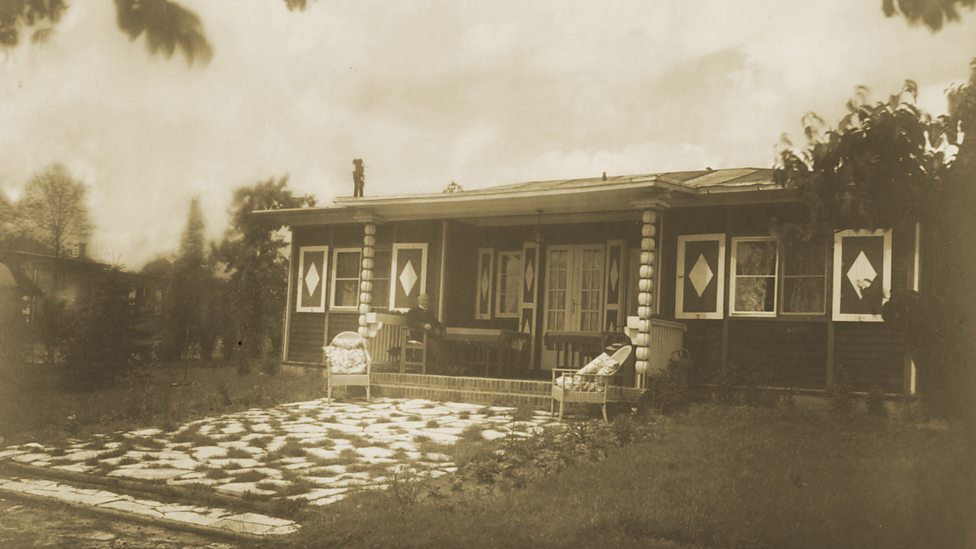The House by the Lake. By Thomas Harding.
It’s something we should all do: investigate all the owners of our home over the years to reveal the secret history of England or indeed wherever we live.
A bit like peeling off the wall paper in an old house, layer by layer Thomas Harding reveals the occupants of Lake House in Groß Glienicke. From the 19th century man on the make Wollank to the drug dealers and squatters of the 21st century he gives a vivid portrait of each resident and as importantly the way the house is treated, enhanced, ruined and resurrected. A kind of mirror image of the history of Berlin in the last 125 years. From Bismark’s Empire through the troubled Weimer Republic, the horrors of Hitler’s Germany, the GDR and the wall, to reunification and beyond.
The hero, the protagonist, the detective, the researcher and the German historian are all the same person: the author Thomas Harding. He is determined to save the former family home as a living testament to those who lived through the extraordinary times he charts. The other character who somehow survives war, division and the developers is of course the house itself.
When the Nazis come to power there begins the inexorable slide to death or exile for the Jewish occupants. In a section of the book we follow the increasingly desperate attempts of the Alexanders to sell or dispose of their home and to flee the country. Adding to the tension is their reluctance to leave at any price – although in the end they sign the house over to Will and Eliza Miesel for a knocked down sum.

And this is another fascinating section as Eliza had been married to a Jew who she quickly divorced after the Nazis rose in power is not without suspicion as is Will whose music business employed mainly Jewish composers. He dumped the Jewish composers in order to survive and joined the Nazi Party just so he could maintain his business. It was an insight into how Germans behaved during the times – compromises, betrayals and pragmatism – but only for long. As conscription loomed Will vacated the house for Austria to Hartmanns who were desperate to find a quite place to live as Ottilie Hartmann was Jewish. Later questions are asked about those who appeared to collaborate with the Third Reich – another extraordinary detail in this excellent book.
New occupants ranging from the Hartmanns to various families take the story through the war, the horrors of mass rape by the Soviet troops, the thefts and lawlessness in the wake of defeat and finally the dead hand of the new East German authorities and its obsession with security. All along Harding’s slow, slow, quick, quick, slow pace kept the tension but also the historical context – and of course the back story of his own efforts to gain the confidence of his relatives and the residents of the village in seeking to save the house from 21st century developers.
Harry Mottram




You must be logged in to post a comment.